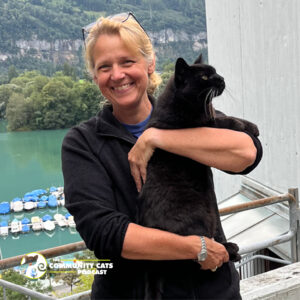We recently had the chance to connect with Stacy LeBaron and have shared our conversation below.
Stacy, we’re thrilled to have you with us today. Before we jump into your intro and the heart of the interview, let’s start with a bit of an ice breaker: Who are you learning from right now?
My students. I’m an instructor in the University of the Pacific’s Community Cat Management Program, alongside my colleague, Elizabeth Finch, and I learn so much from the people on the front lines of TNR and cat population management. Their experiences give me real insight into the challenges and opportunities facing our field.
Can you briefly introduce yourself and share what makes you or your brand unique?
I’ve been involved in animal welfare for more than 30 years and like to call myself a “feline entrepreneur.” Today, I host the Community Cats Podcast, a weekly show with over 500 episodes where I interview experts from around the world about solutions to cat overpopulation and ways to improve cat welfare.
Beyond the podcast, we’ve grown into Community Cats Central—a virtual education hub for cat welfare. Through our conferences, events, and expanding certification programs, we provide training that goes beyond the basics, empowering people and organizations to make lasting, sustainable change in their communities.
What makes this work unique is our mission to help people turn their passion for cats into action. Through our Community Cats Grants Program, we’ve helped more than 200 grassroots organizations build fundraising skills and fund spay/neuter surgeries—support that continues today through the United Spay Alliance.
I’m also the co-owner of Community Cat Clinics in metro Atlanta, where we provide affordable spay/neuter and wellness services to directly support the frontline work of reducing cat overpopulation.
Alongside this, I work closely with several nonprofits and community programs, but the heart of it all is empowering individuals and organizations to think strategically about cat overpopulation. I want to give people the tools, training, and confidence to make sustainable change in their own communities.
Okay, so here’s a deep one: What’s a moment that really shaped how you see the world?
In the mid-to-late 90s, I was asked to check on some sick kittens at a bar in Seabrook, NH. What I found was heartbreaking: a dumpster with about 30 kittens, many with such severe eye infections they needed enucleations. As devastating as it was, I realized the problem wasn’t just the kittens in front of me—it was the cycle behind them. Looking into the woods, I saw adult cats watching, and beyond that, a cluster of apartment buildings. That was the true source. We got the cats in the woods fixed, but more importantly, we worked with the residents in those apartments to get their cats spayed and neutered. Over time, the feral population disappeared. That experience shaped my belief that cat overpopulation starts at the owned-cat level, and the solution is accessible, sustainable spay/neuter services for everyone.
If you could say one kind thing to your younger self, what would it be?
Trust your gut sooner. I had big ideas about how to help cats in my community, but I often got bogged down in the day-to-day of running a nonprofit. I wish I’d focused more on working on the organization instead of always in it. It’s a trap many leaders, especially in nonprofits, fall into. Big-picture strategy matters, and I’d remind my younger self not to lose sight of it.
I think our readers would appreciate hearing more about your values and what you think matters in life and career, etc. So our next question is along those lines. Where are smart people getting it totally wrong today?
We live in a society obsessed with control, and people spend too much energy stressing over things they can’t actually control. Take politics: I’m grateful to vote, campaign, and engage in healthy discussion, but at some point, you have to step back. Constantly consuming news and outrage just raises stress levels—studies even show it impacts blood pressure. I choose to disconnect from the 24/7 news cycle. Instead, I believe in redirecting that energy into our families, communities, and everyday lives. Go outside. Take a walk. Enjoy life.
Before we go, we’d love to hear your thoughts on some longer-run, legacy type questions. What is the story you hope people tell about you when you’re gone?
That I was trustworthy, responsive, and caring. That I loved my family and pets, and after my aunt passed, embraced the role of family matriarch. That I was a passionate advocate for cats and the people who care for them, and that I worked to elevate the status of cats in our communities. I hope people will say I was a “feline entrepreneur”—someone who not only dreamed big but believed that collaborative, community-level solutions could change cultural attitudes and make life better for both people and cats.
Contact Info:
- Website: https://communitycatspodcast.com
- Instagram: communitycatspodcast
- Linkedin: communitycatspodcast
- Facebook: communitycatspodcast
- Youtube: @communitycatspodcast
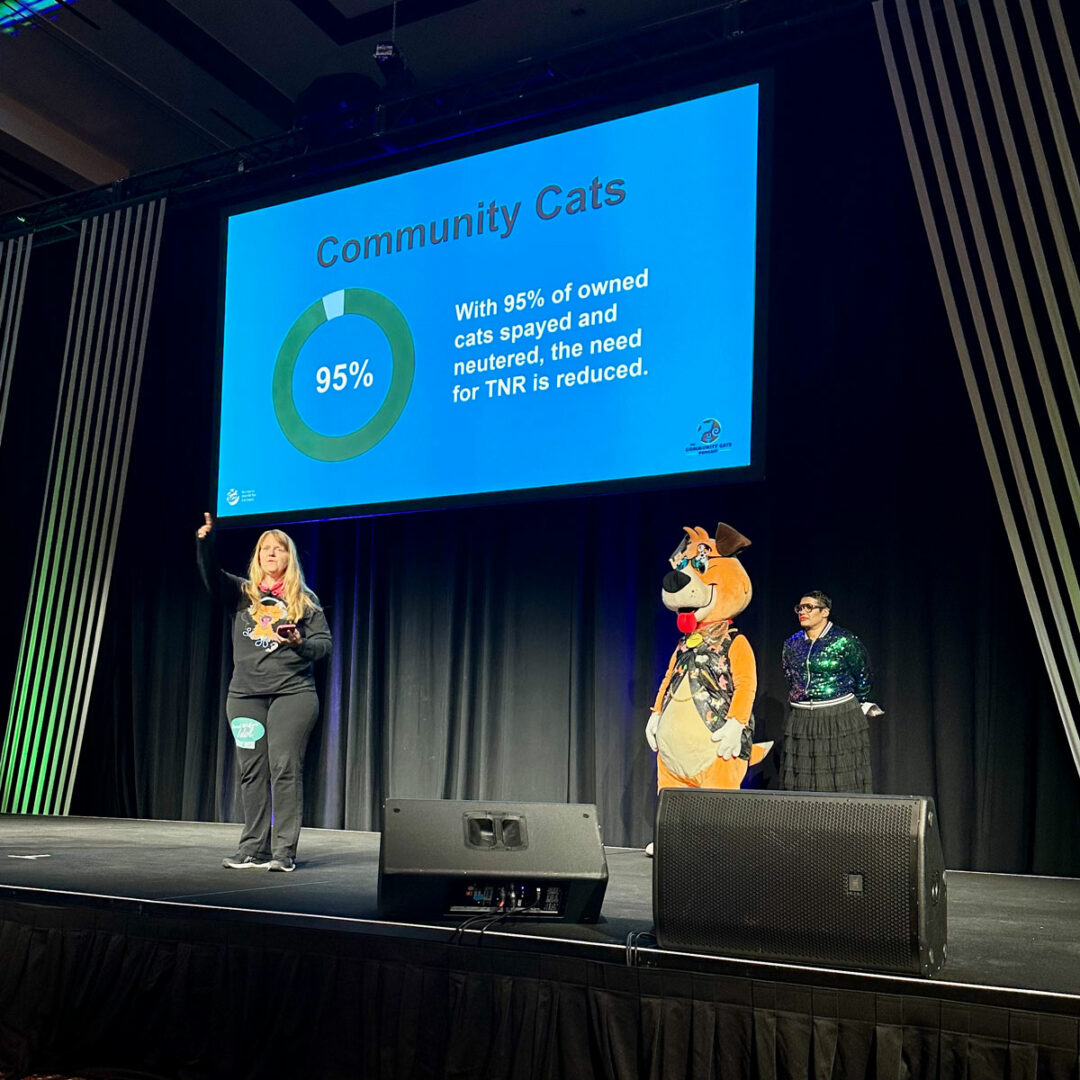
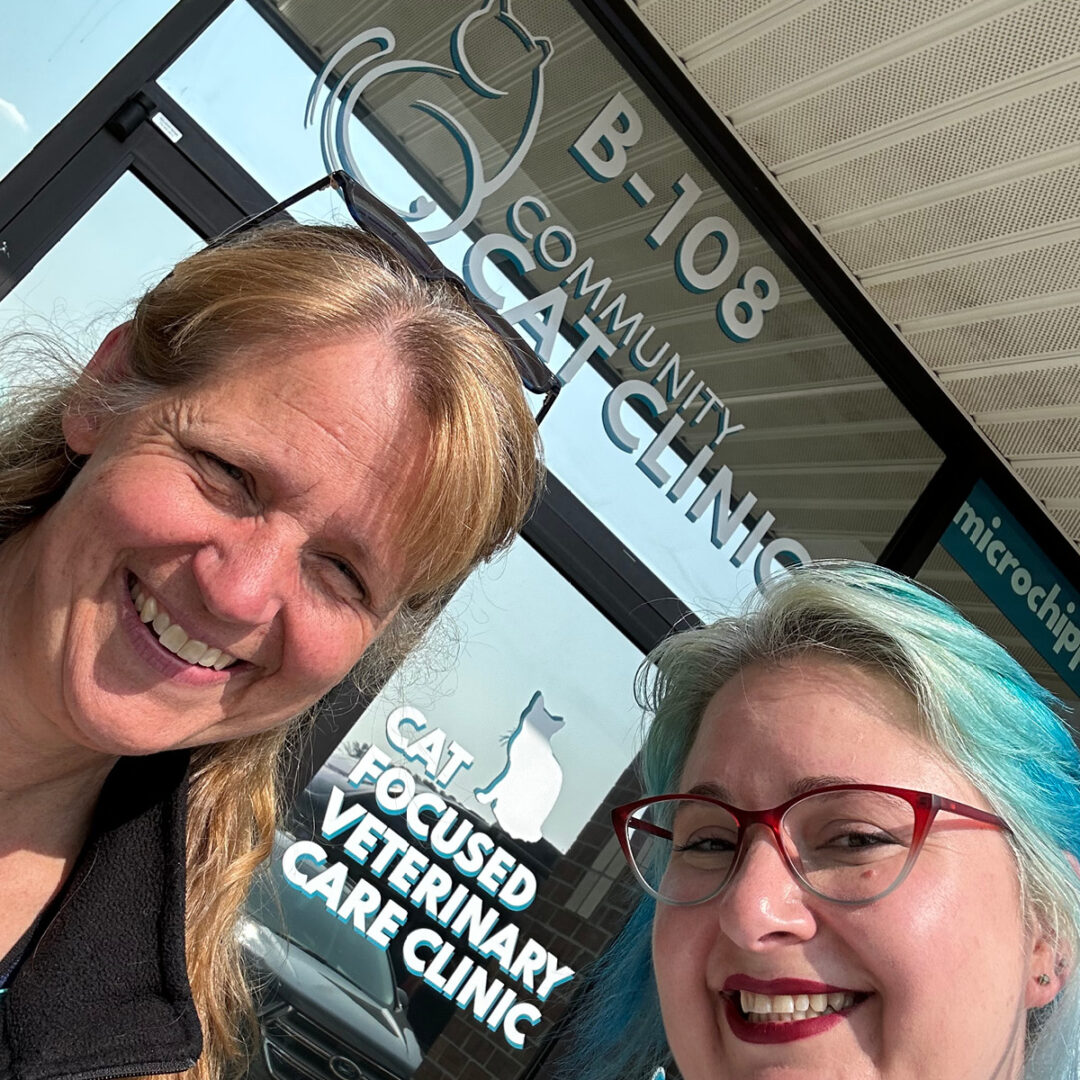
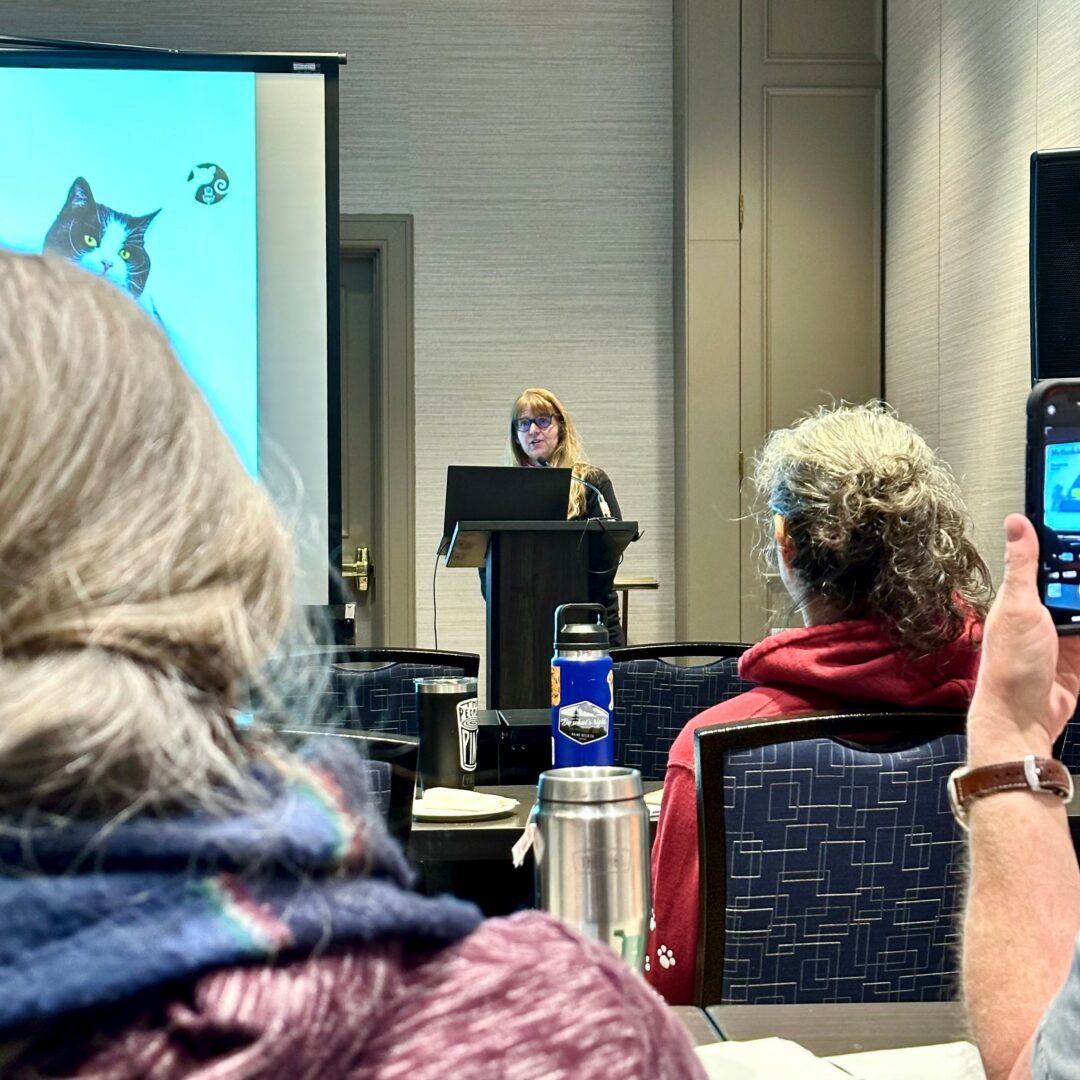

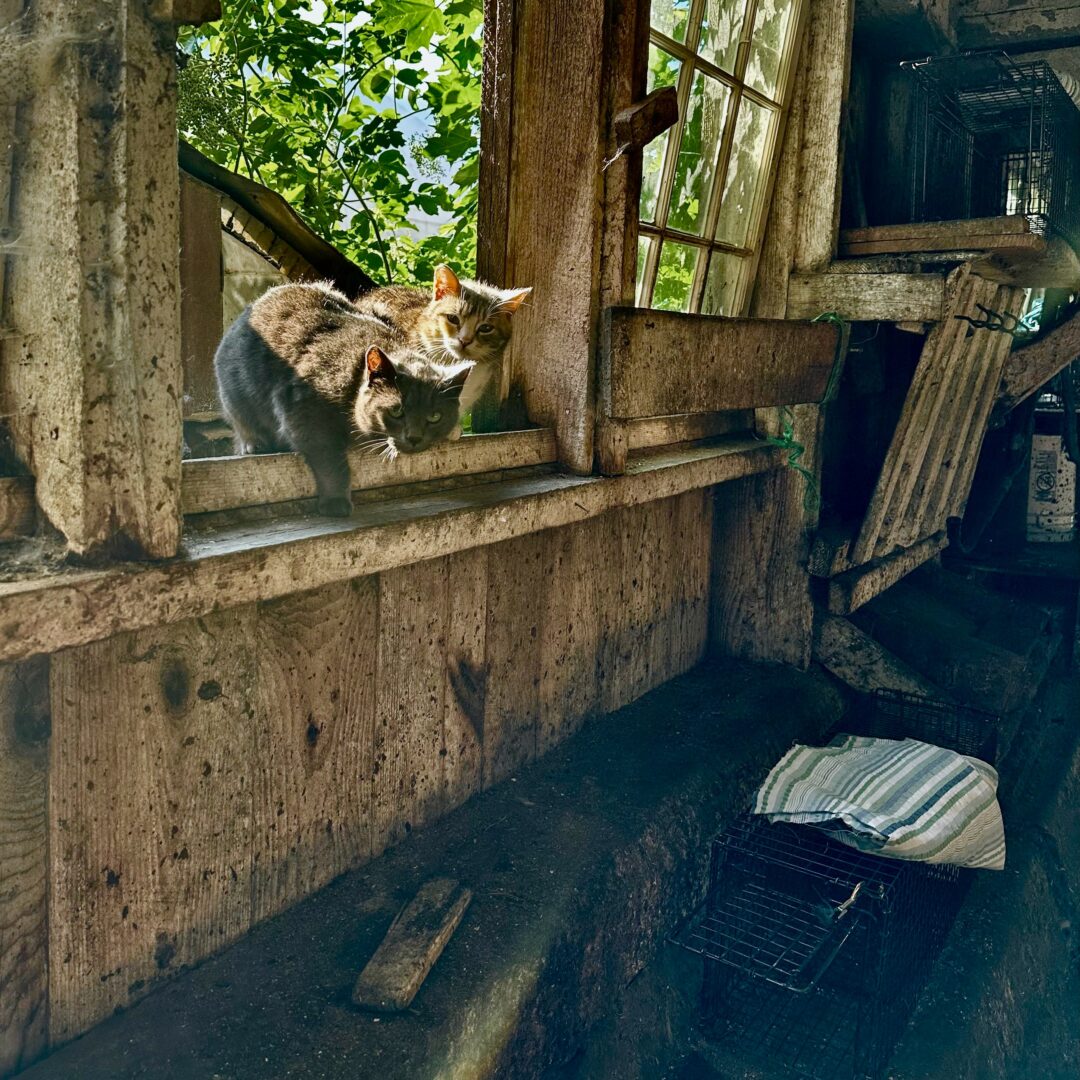
so if you or someone you know deserves recognition please let us know here.

